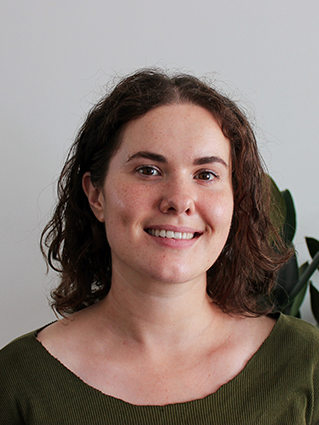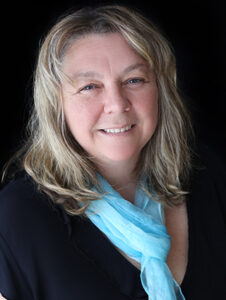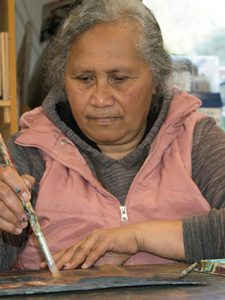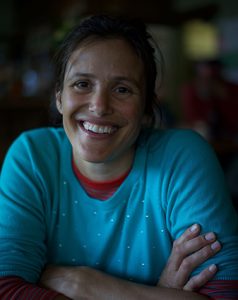re-stART Stroke Therapy
The opportunity to engage in creative expression, and connect with a like community, is of immense value and support to participants following the trauma of stroke.
This group-centred enquiry process initiates a journey of self-reflection and in-depth examination of the experience of having stroke-affect.
Art forms are introduced as tools and ways by which participants can explore emotionally and psychologically, providing insight, healing, and resolution – assisting rehabilitation, and renewing motivation and purpose in life.
The group environment provides a sense of connection and community for those who may be isolated in their experience; a place to share and be heard constructively and safely. The process is dynamic and life-enhancing.
As a result of attending this programme participants will:
- feel a renewed sense of purpose and motivation in their lives
- develop the ability to self-reflect and increase self-awareness
- be more aware of and authentically express their experience
- utilise creative process as a life-enhancing tool
- create a vision for a positive future.
Watch video: Artists Putting Their Lives Back Together
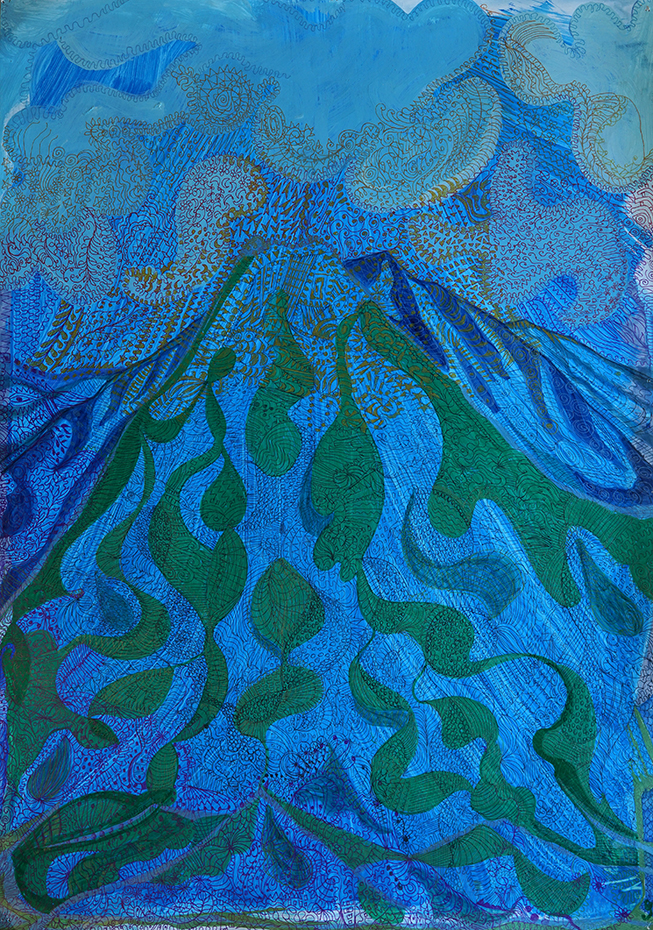
Image: Maunga by Liebchen Tamahori
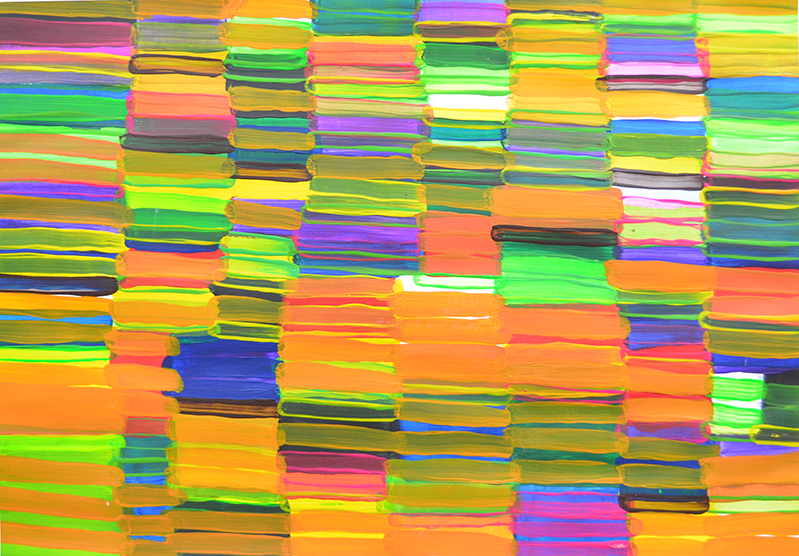
Image: Painted Stripes by Christina van der Hooft
In this programme participants will:
- use art processes to express the experience of being stroke-affected
- explore, discover, and grow meaning to their circumstance
- develop diverse and creative ways of communicating
- be introduced to the elements of artmaking
- meet others in like circumstances and develop companionship.
Māpura Studios has been running art therapy programmes especially designed for people affected by stroke since 2010.
In that year Māpura was contacted by the Stroke Foundation Northern Region Inc, to develop and trial a programme in arts therapy for people with stroke-affect. They subsequently delivered a 14 week art therapy pilot programmes for a group of twelve participants. This was followed by further yearly programmes.
All of the programmes were highly successful, with participants responding positively to the experience and reporting a significant outcomes such as a marked increase in their enthusiam, motivation and ability to re-engage in life. Many participants have continued to be involved in other art programmes at Māpura Studios and continue to greatly enjoy the sense of creative community.
Reasearch has been completed by the Centre for Brain Reasearch of the University of Auckland. The results support the view that the Māpura Studios Art Therapy programme Contributes toward significant improvement in the well-being for stroke survivors.
Māpuraplans to offer two re-stART art therapy programmes each year subject to sufficient funding. One will be centrally located and the other in South Auckland.
Objectives
- to provide a safe environment and process in which to explore experiences and issues related to effect of stroke
- to develop participant’s capacity to reflect and grow self-awareness in regard to the effect of stroke and its impact on one’s life
- to develop communication and community with other of like experience
- to utilise creative process in visual art making and art therapy to provide pathway for emotional and psychological healing
- to promote rehabilitation – and to create possible new life pathways and opportunities centred in creativity.
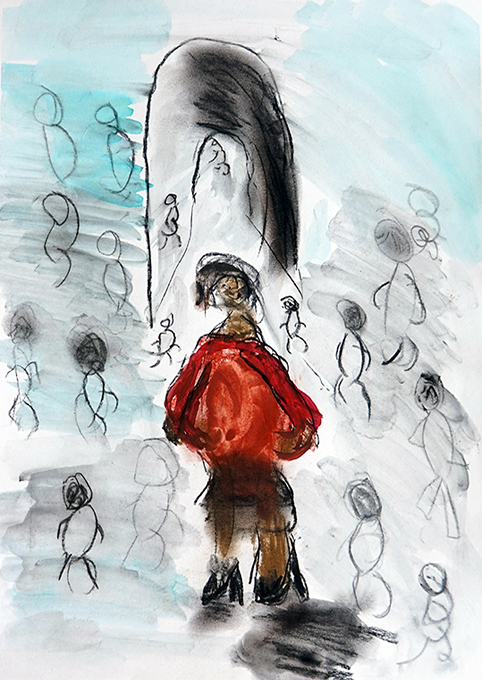
Image: Moving Away by Allyson Hamblett
“I have been given a new life.
Wonderful people, wonderful art, wonderful healing.”
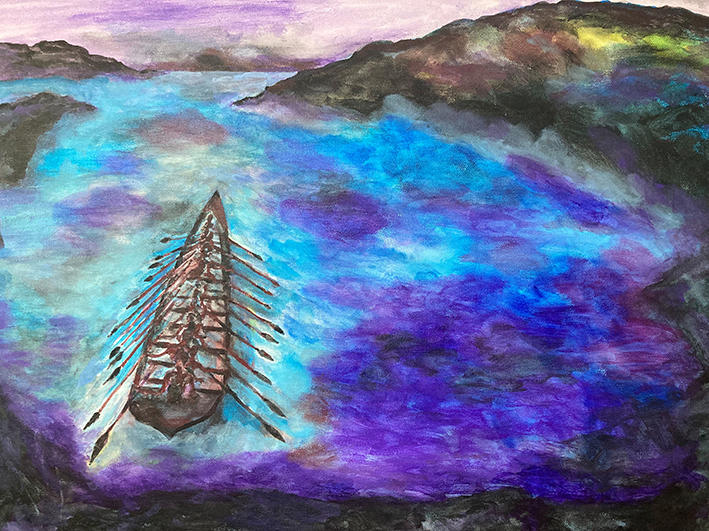
Image: Beyond te Paewai o te Rangi by Tristan Rosevear
Description of Art Therapy Programmes for people with Stroke-affect
The art therapy programmes are offered to groups of ten to twelve people with stroke -affect who wish to endgage in a person-centred, therapeutic group process to directly address the issues arising from the life-changing experinces of having a stroke. Each programme runs for 12 weeks.
The Art Therapy Team is multi-disciplinary. It includes Registered Arts Therapists and qualified art tutors.
The Group Process
The programme follows a ‘group-inquiry’ process, initiating a journey of self-reflection and examination of participants’ experience of having stroke-affect. Prevalent issues such as grief, loss of identity, loss of confidence and self-autonomy, the experience of depression, etc., are addressed.
Art Forms are introduced as tools and ways by which individuals can explore and progress emotionally and psychologically, assisting in their process of rehabilitation.
The group environment provides a sense of connection and community for those who may be isolated in their experience; and offers a place to share and be heard in constructive and safe ways.
Through participating in the group process and sharing their experiences, participants form meaningful connections with one another, learning and growing from each other, developing mutual understanding and companionship.
The outcomes can be life enhancing and catalyse change – they are therapeutic and rehabilitative in effect, creating new pathways.
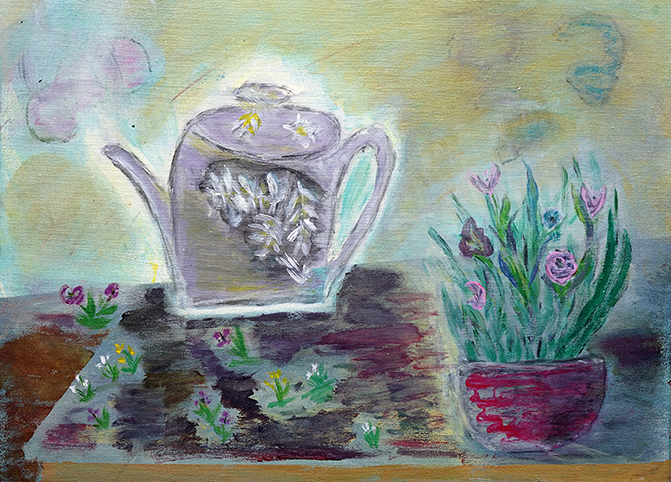
Image: Cup of Tea Anyone? by Lorraine Richardson
Opportunities After Art Therapy
The art based therapeutic process has a significant impact on people’s rehabilitation.
Creativity as a life enhancing modality regularly becomes part of participant’s daily life.
Many discover a real interest and enjoyment in making art and continue to be involved in Māpura Studios’ visual arts programmes Art Transition and Leading a Creative Life.
here they experience a real sense of community with one another, develop their arts practice, and can take part in regular Māpura Studios public exhibitions.
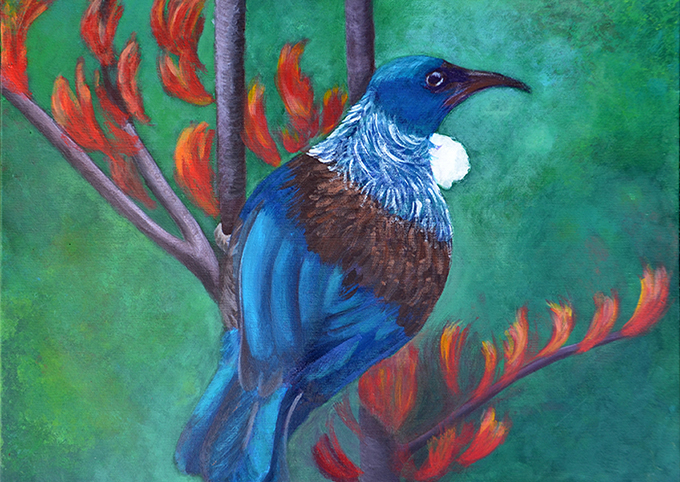
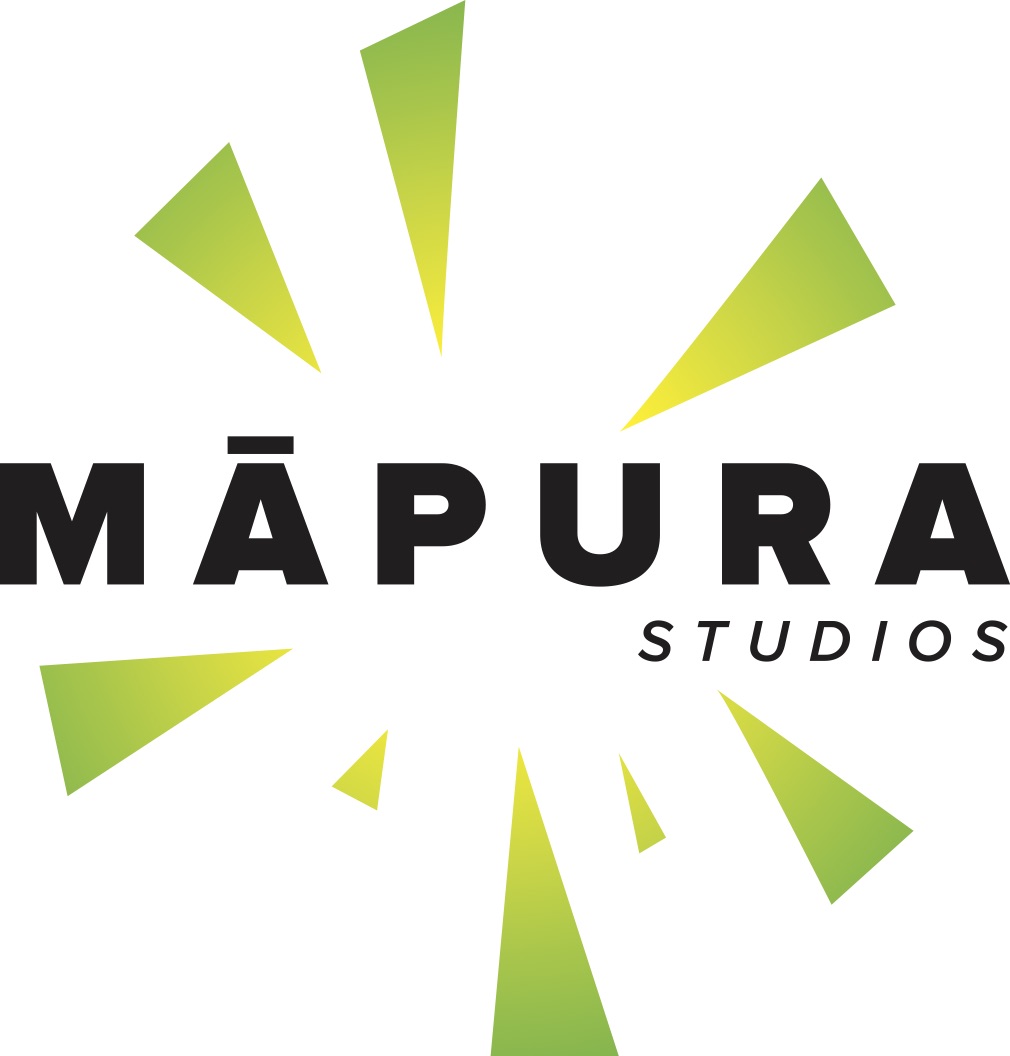
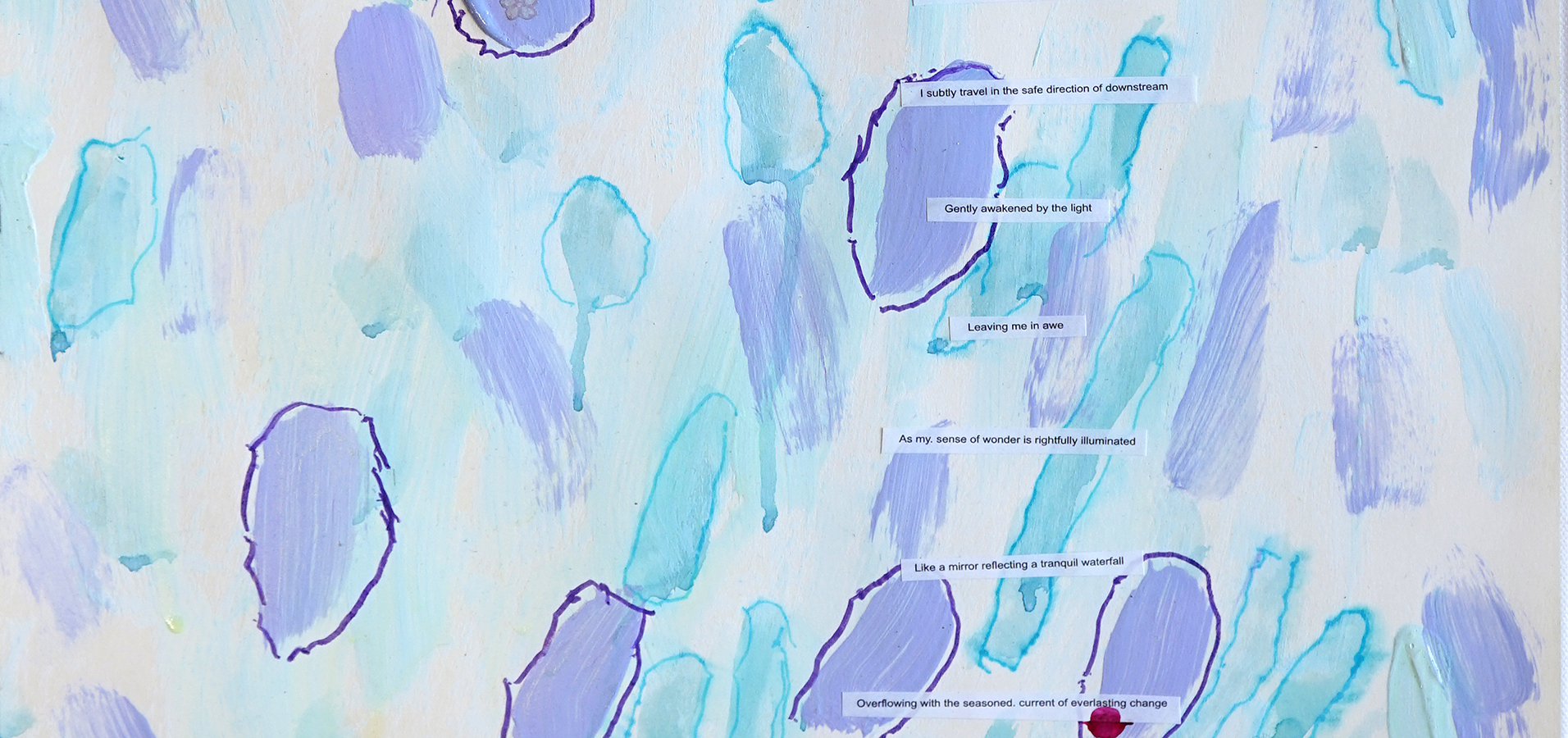
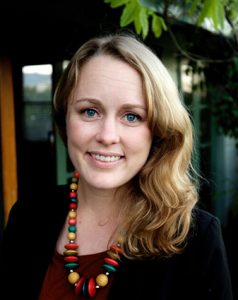
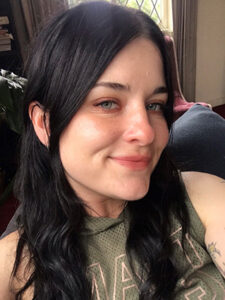
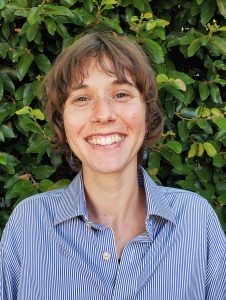
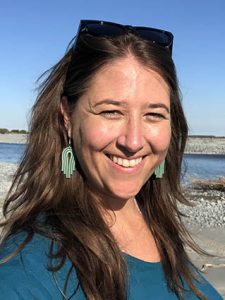
 Diana McPherson
Diana McPherson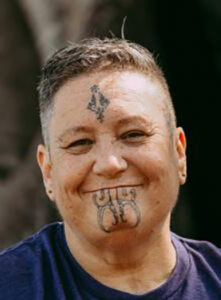
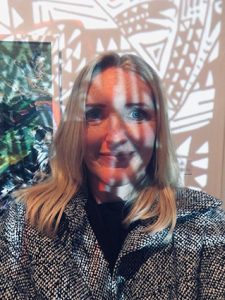
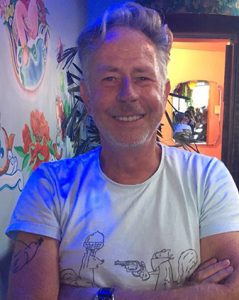
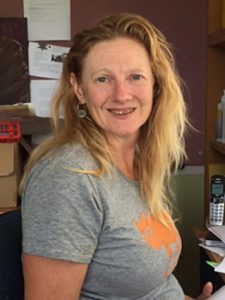 Alex McPherson
Alex McPherson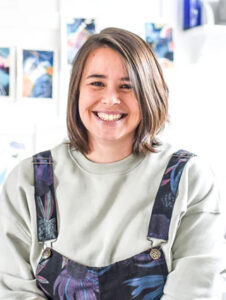
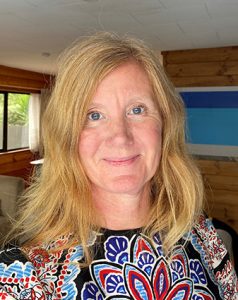 Cath O'Brien
Cath O'Brien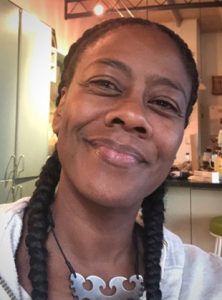 Alvie McKree
Alvie McKree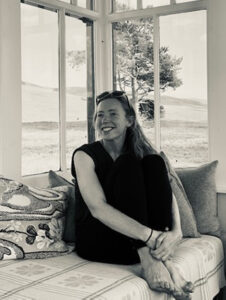
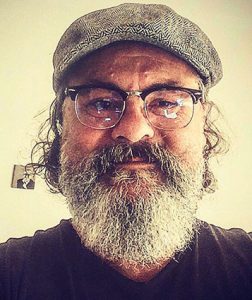
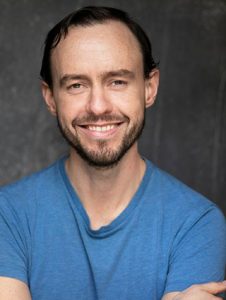 Daneil (Dan) Cunningham
Daneil (Dan) Cunningham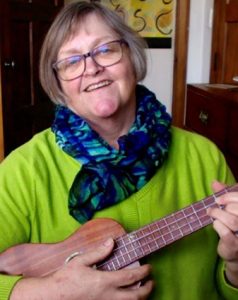
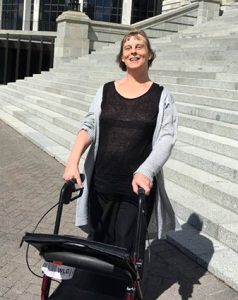 Allyson Hamblett
Allyson Hamblett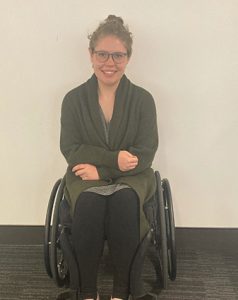
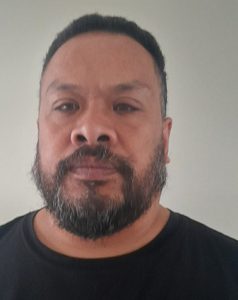
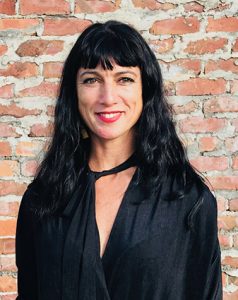 Emilia Rubio
Emilia Rubio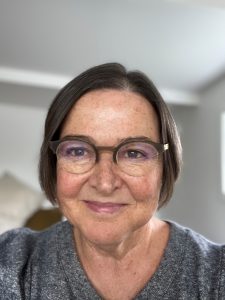 Jane Bawden
Jane Bawden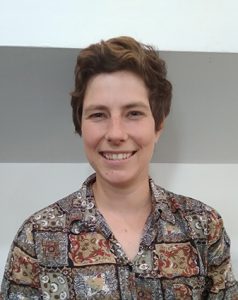
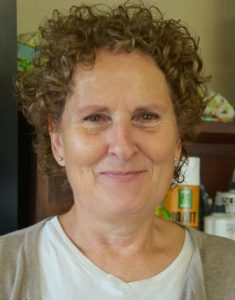
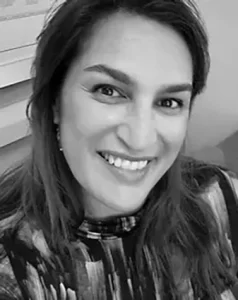
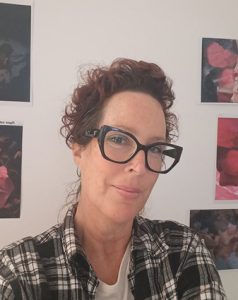
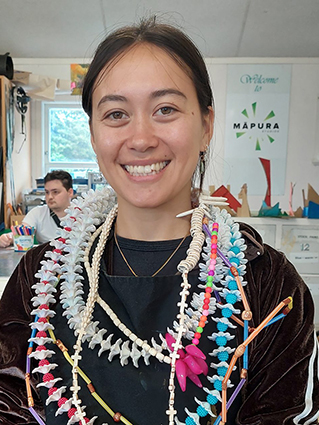
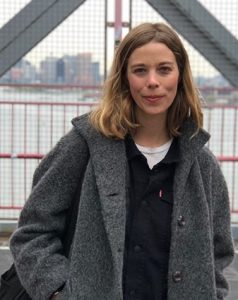
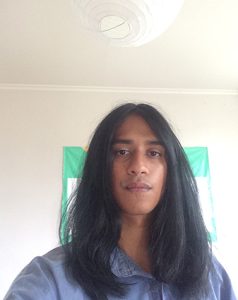
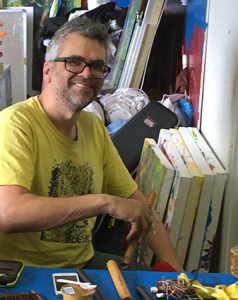
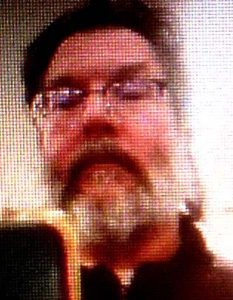
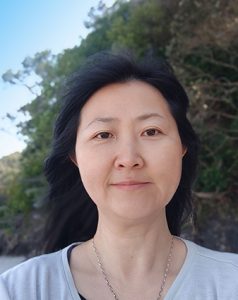 Xu
Xu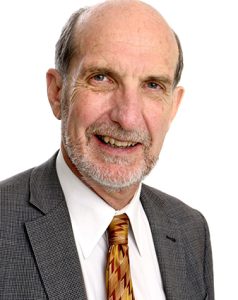
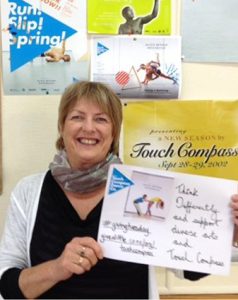
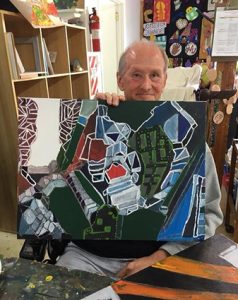
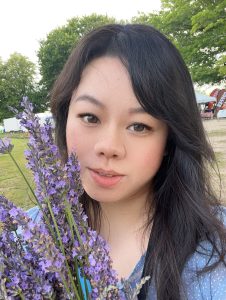 Chloe Mao
Chloe Mao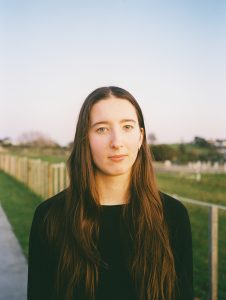 Gabrielle Stoddard
Gabrielle Stoddard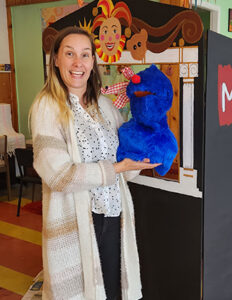
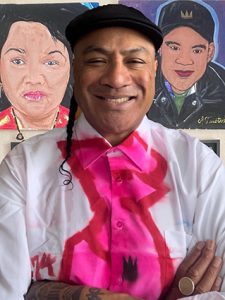
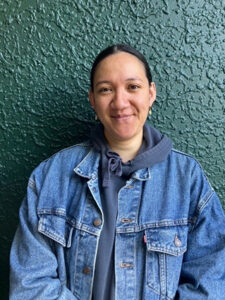 Monari Falepeau
Monari Falepeau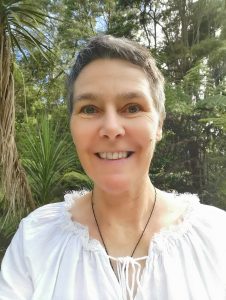 Merrin Fagan
Merrin Fagan